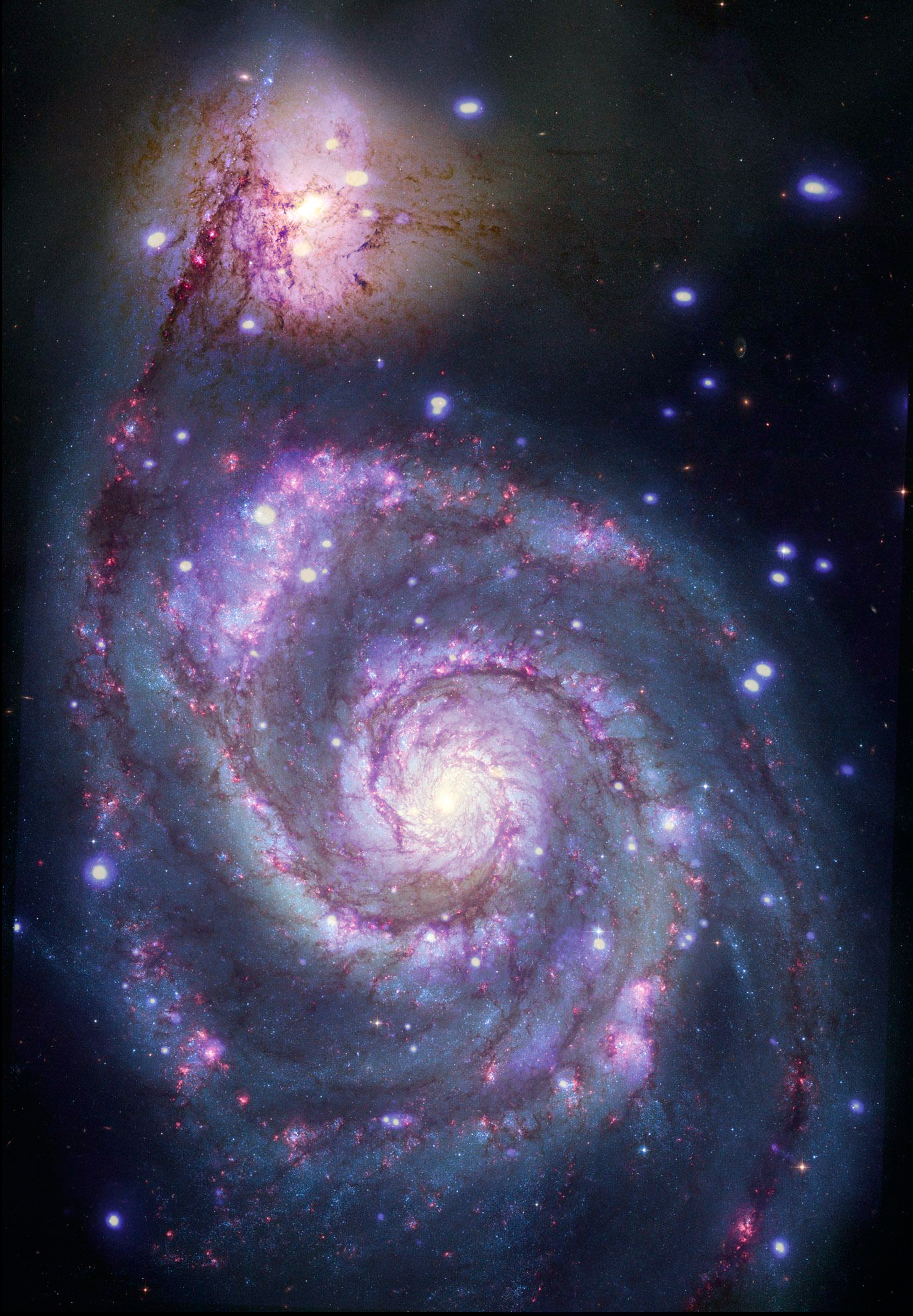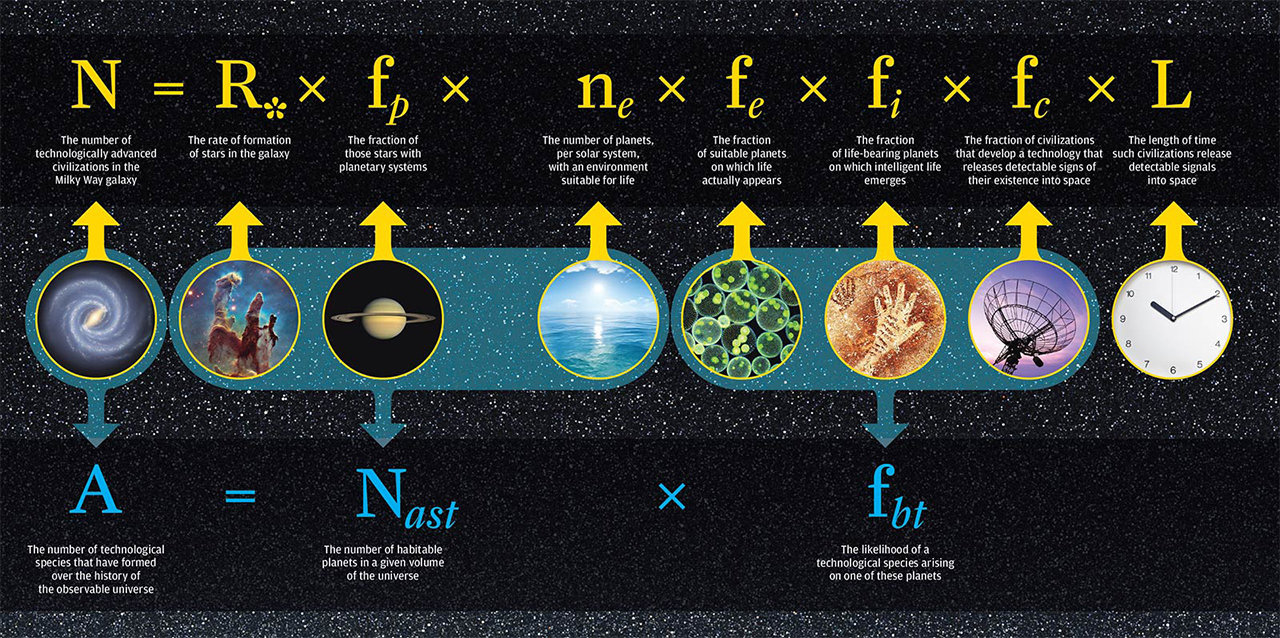Are there more habitable planets in our galaxy or others?
First, let’s start with Exoplanets, and what they are.
“Exoplanets are defined as planets outside of our Solar System” (NASA 1). NASA has located “exoplanets” in the “Spiral Galaxy, Messier 51”. Messier 51 is 31 million light years away from Earth. If there were to be more planets found, would any of them be habitable? As if they were we could get there in a matter of years, and I guess we could start over to eliminate all the things that are destroying our planet, like aerosol spray and greenhouse gases.
Every exoplanet is different whether it be interior or exterior, or what they are composed of. They could be made of gas (“Gas Giants”), Hydrogen and Helium dominated (“Neptunian Planets”), may or may not have an atmosphere (“Super-Earths”), or made of rock, silicate, water, or carbon (“Terrestrial Planets”). The most habitable out of all these types of exoplanets according to NASA would be the Terrestrial Planets as some could “possess atmospheres, oceans, or other signs of habitability.” (NASA 2)

Are We Alone in space, or are there more like us?
Over the past few decades, more exoplanets have been found, leading to the much-debated conversation of the “Drake Equation”. The Drake Equation is a “Chain of numbers that might one day tell us how many intelligent civilizations we can expect to find”(NASA 3). So in other words it is just a bunch of numbers multiplied to find out how many different civilizations there are, unfortunately so far it only works in the Milky Way.

The Habitable Zone
A habitable zone must be a specific distance from a star so water can form and exist. The Planet must also orbit the star and stay the same distance away all the way around for it to be safe. The Habitable zones could also be called the Goldilocks’ zones. According to NASA, “the conditions [must] be just right – neither too hot nor too cold – for life.”
Reflection
For this project, I researched the question of whether any planets in other galaxies could one day be habitable, Google then took me to NASA’s page about M51. I used Google, the reliable source of NASA, and Owl purdue for citations. I searched the question on Google looked through a few articles then came back to NASA as they are a credible source. Then if the answer to the question I asked had another question attached to it I would ask that question. I didn’t verify as it is NASA and I trust them as they have been doing space exploration for many years now. It went well, but I feel like I could have researched more as I feel like I did not do enough.
Sources:
(NASA 1)
“Chandra Sees Evidence for Possible Planet in Another Galaxy.” NASA, NASA, 27 Sept. 2023, www.nasa.gov/image-article/chandra-sees-evidence-possible-planet-another-galaxy/.
(NASA 2)
“What Is an Exoplanet – NASA Science.” NASA, NASA, science.nasa.gov/exoplanets/planet-types/. Accessed 14 June 2024.
(NASA 3)
“Are We Alone? – NASA Science.” NASA, NASA, science.nasa.gov/exoplanets/search-for-life/. Accessed 13 June 2024.
(NASA 4)
“The Habitable Zone – NASA Science.” NASA, NASA, science.nasa.gov/exoplanets/habitable-zone/. Accessed 14 June 2024.
This was really interesting! Do you think that maybe someday in the future we will be able to live on other planets other than earth?
I think yes, sometime in the future we will be able to live on another planet. Who knows when or where but I think there is a very good possibility.
This is such a detailed, elegant, and fun article about exoplanets, planets outside of our solar system. It has a lot of fascinating information about them and how different they all are. From the interior of the exoplanets to what they are made of, the article is very thorough. The details about the Habitable Zone and the Drake Equation were particularly engaging. I especially enjoyed learning about the potential for other habitable planets in our galaxy and beyond. Who knows, maybe some day we’ll be able to live on a planet other than Earth.
Your wonderful overview of exoplanets and the exploration of habitable planets outside our solar system has taught me a lot about different types of exoplanets that I never knew before, and it has made me look forward to humanity’s future planetary colonization!